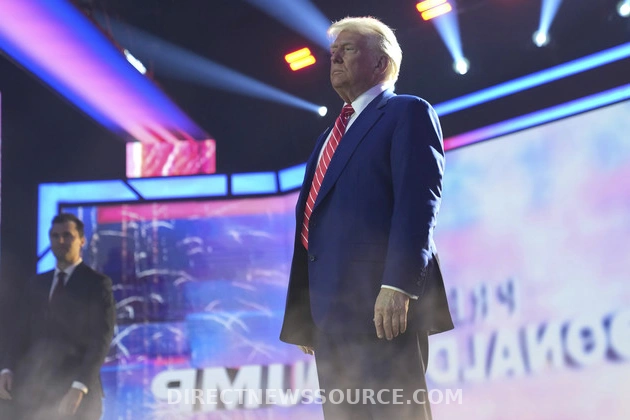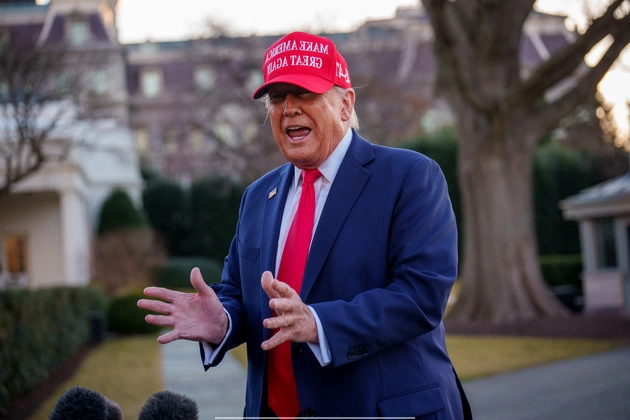
Negotiating the Future: Trump's Imperialist Musings and the Art of Deal Making
Donald Trump’s presidency has been marked by a bold approach to foreign policy, with his recent musings on imperialism sparking both intrigue and skepticism. As he gears up for 2025, Trump’s suggestions of U.S. expansionism, including owning Greenland, annexing Canada, and controlling the Panama Canal, have raised eyebrows and fueled discussions.
Trump’s Negotiation Style
Trump’s penchant for unpredictability and brinkmanship in international affairs has been a defining feature of his presidency. While some view his tactics as saber rattling, others see them as strategic maneuvers to achieve favorable outcomes. The element of surprise and the willingness to push boundaries have been hallmarks of Trump’s negotiation style, often yielding mixed results.
Matthew Bartlett, a GOP strategist, reflects on the chaotic nature of Trump’s foreign policy decisions, citing instances where deciphering the logic behind his actions proved challenging. Despite the unconventional approach, Bartlett acknowledges that Trump’s ‘crazy’ demeanor has its merits, especially in keeping adversaries on their toes and potentially fostering peace and prosperity in conflict zones.
Unconventional Diplomacy
Dave Carney, a seasoned Republican strategist, suggests that Trump’s seemingly erratic behavior serves a strategic purpose in setting the stage for negotiations. By keeping other nations guessing and demonstrating a willingness to follow through on bold threats, Trump creates leverage that can be used to extract concessions or prompt action.
However, Trump’s unorthodox methods have not been without controversy. His impulsive decisions, such as the sudden withdrawal of troops from Syria without consultation, have raised concerns among experts and lawmakers. The use of social media for issuing policy directives and making provocative statements has also fueled uncertainty and discord within the administration.
Global Response
Trump’s recent overtures towards Canada, Panama, Greenland, and Mexico have elicited varied responses from world leaders. While some leaders have dismissed his proposals as mere posturing, others have taken them seriously, recognizing the potential impact of Trump’s actions on their respective countries.
From challenging the sovereignty of the Panama Canal to envisioning Canada as the 51st state, Trump’s bold assertions have sparked diplomatic tensions and raised questions about his long-term goals. The pushback from foreign leaders, coupled with internal discussions within the Trump administration, underscores the complex dynamics at play in international relations.
The Art of the Deal
As Trump continues to navigate the landscape of global politics with his unique blend of bravado and bluster, observers are left to ponder the true intent behind his imperialist musings. Whether a calculated negotiation tactic, an exercise in power projection, or simply a reflection of his unorthodox approach to diplomacy, Trump’s words carry weight and have implications that extend far beyond rhetoric.
Ultimately, Trump’s foray into imperialism underscores the enduring theme of negotiation in international affairs. By challenging conventions, testing boundaries, and leveraging uncertainty to his advantage, Trump embodies a style of diplomacy that is as polarizing as it is provocative.















